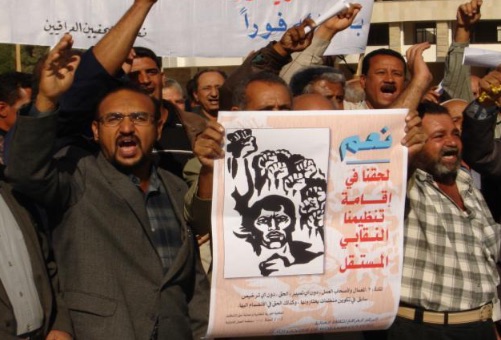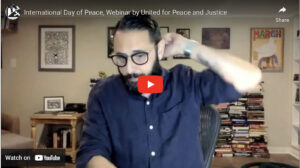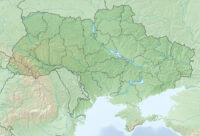Images of protesters who were killed and revolutionary slogans were all that remained in Baghdad’s Tahrir Square, on the morning of November 1st, after government authorities forcibly reopened streets surrounding the square and hauled away tents that protesters had occupied for more than a year. Their primary demand, that the government identifies and holds accountable those responsible for the deaths of more than 700 protesters, injuries to thousands, and the disappearance many others, remains unmet. “Tahrir Tunnel” was once a “free wall” where the demonstrators posted pictures of their dead friends, images of the repression their protests encountered, as well as drawings and slogans supporting their revolution. “Don’t touch the graffiti,” pleaded Alaa Maan, a leading activist, who described the artwork in Tahrir Tunnel as “documentation of important events that have contributed to the country’s renaissance” and “a shining page in the history of the new Iraq.”
But no sooner had the demonstrators’ tents been removed than protests resumed in Tahrir Square, as activists gathered under the Freedom Monument shouting criticisms of Iran and the United States of America. They pledged to continue their movement until all their demands are met, most notably holding the “murderers” accountable, but also provision of basic government services (water and electricity), a state freed from U.S. and Iranian interference, an end government corruption, reform of the electoral system, and the holding free and fair elections.
Clashes between Iraqi security forces and protesters erupted almost simultaneously in the southern province of Basra, where security forces had also ejected demonstrators from Bahria Square. Across southern Iraq, demonstrations in one city after another took place in solidarity with activists in Basra who faced sticks, batons and live bullets shot directly at them by the security forces.
Simultaneously Iraqi government employees staged their own protests over non-payment of their salaries, which were delayed for more than 50 days. It was the second time in six months that salaries were not paid as a severe lack of liquidity threatened to overwhelm to state. There were demonstrations in at least seven cities where people’s suffering and inability to buy food or pay their own bills now poses a major threat to security and community peace.
Iraq’s deep financial crisis is rooted in multiple causes— plummeting oil prices, a bloated public payroll, government corruption and mismanagement, the expenses of the war against ISIS, and the impacts of COVID-19. More than 6 million of Iraq’s 39 million citizens either work in the public sector or are retired government employees. The monthly cost of salaries and benefits adds up to $ 5.5 billion. Recently, however the extremely high payments some senior officials receive has been come to light; for example, former Iraqi President Ghazi Ajil Al Yawer currently gets a monthly pension $51,000.
Income from crude oil sales once covered about 90% of the government budget, but with Iraq’s sales at a six-year low and the global price per barrel also severely depressed, the government in Baghdad has experienced one fiscal crisis after another in 2020. This has become the leading challenge for the country’s newest Prime Minister, Mustafa al Kadhimi.
For the second time this year, Cabinet members have had request an emergency financing law to cover deficit spending through the end of 2020. They sought and received parliamentary approval for emergency loan of $10 billion. This stopgap solution will cover monthly expenses for government salaries and operating expenses, but does nothing to address the underlying reasons for the fiscal crisis. One possibly hopeful development is the formation of an international financial alliance to help Iraq retrieve $150 billion in funds stolen from the country since 2003.
Leaders of the trade union movement in Iraq, however, paint a dire picture of the years ahead, predicting a five-year recession. In activities coordinated through the Solidarity Center in Baghdad the unions are attempting to make increasing Iraqis’ economic and social rights central to reform of government. Wesam Chaseb, who has managed the Center’s work with unions since 2011, insists that unions must fight for programs to reduce the social shock of the impending recession. In Basra, center of the oil industry, unemployment already exceeds 40% and will likely climb higher. Iraq is now engaged in discussions with the World Bank to seek financial relief in 2021. Chaseb is deeply concerned about the price that Iraqi citizens will pay if austerity and structural readjustment policies are forced on Iraq without concern for their human costs.



